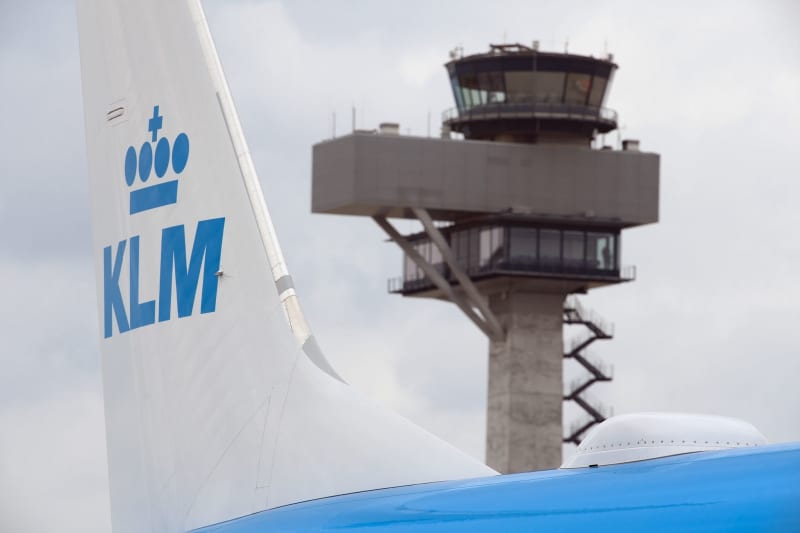A recent incident involving a passenger flight from Amsterdam to Mexico has highlighted an unusual challenge for airline operations. Flight KL685, operated by KLM, was forced to make an unscheduled stop in Bermuda on a Friday after a strong odor permeated the cockpit. This unexpected situation originated from the pigs being transported in the cargo hold, which began to create an overwhelming stench halfway through the journey. The airline’s spokesperson confirmed that the captain took immediate action, prioritizing the health and safety of both the passengers and crew by selecting Bermuda as a temporary landing spot.
Upon landing in Bermuda, the flight had 259 passengers onboard, along with 100 pigs in the cargo hold. After the aircraft landed, the passengers were taken care of with accommodations provided at nearby hotels, reflecting the airline’s commitment to passenger welfare in unexpected circumstances. The airport authorities in Bermuda coordinated with KLM to ensure that everyone was looked after while making alternative travel arrangements. The passengers were ultimately able to continue their journey to Mexico City the following day.
Addressing the cause of the stopover, reports from the Dutch newspaper De Telegraaf highlighted the concerns raised by both passengers and crew about the strong smell of the pigs. The situation presented a unique challenge and prompted necessary action to safeguard the comfort of those on board. By opting for Bermuda, the KLM crew showed prudence in dealing with the detrimental environment created by the odor, which could have potentially affected the flight’s safety and overall experience.
Veterinary intervention was another crucial aspect of the situation. Upon arrival in Bermuda, the pigs were examined by a veterinarian to ensure their health and well-being before being transported to Mexico on a subsequent flight. This measure illustrates the importance of animal welfare regulations in air transport and highlights how airlines must navigate complex logistical challenges when dealing with live cargo alongside human passengers.
The efficient handling of the incident by both KLM and Bermuda airport authorities drew praise, as they managed to maintain order and ensure all parties received the necessary care. A representative from the Bermuda government underscored this effort by stating, “We take care of all passengers, whether they are on two or four legs,” emphasizing the commitment to animal welfare alongside passenger comfort.
Overall, this event serves as a reminder of the complexities involved in air travel, particularly when transporting live animals. It also underscores the necessity for airlines to have protocols in place to handle unexpected situations effectively, ensuring minimal disruption to passengers while maintaining the welfare of all cargo being transported. The KLM flight’s unscheduled landing in Bermuda highlights how critical quick decision-making and cooperation between airline personnel and local authorities can be in providing a positive outcome under unusual circumstances.

